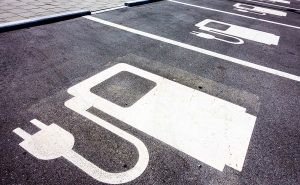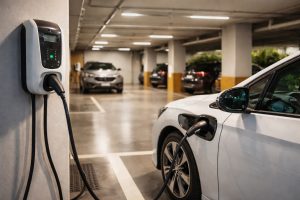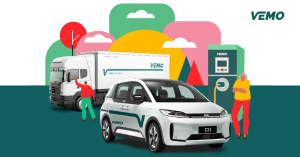
Ford to Supply Electric Vehicles for Sustainable DHL Delivery
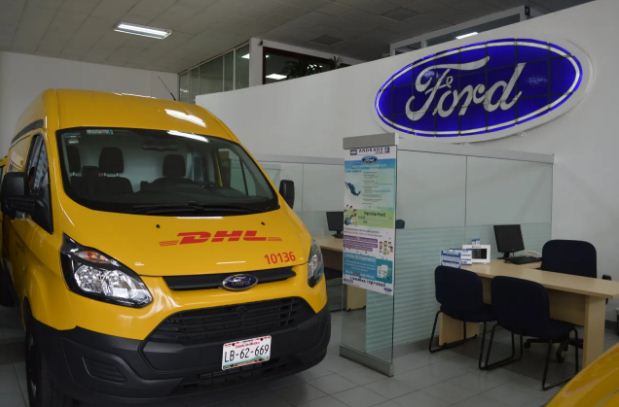
Last mile delivery represents an important link in making the value chain sustainable from start to finish. The last kilometer traveled represents the finish line of a mobility chain that has to go through different phases to reach its destination.
During the COVID-19 pandemic, e-commerce grew at an accelerated rate, and the high demand and need for efficient mobility represent major challenges for companies and governments focused on travel solutions and services.
Against this backdrop, major companies such as Ford and DHL signed an agreement to improve sustainability in the delivery of goods.
The alliance not only consists of acquiring electric vehicles to cover this service, but they are also preparing a strategy to reduce the environmental impact of deliveries.
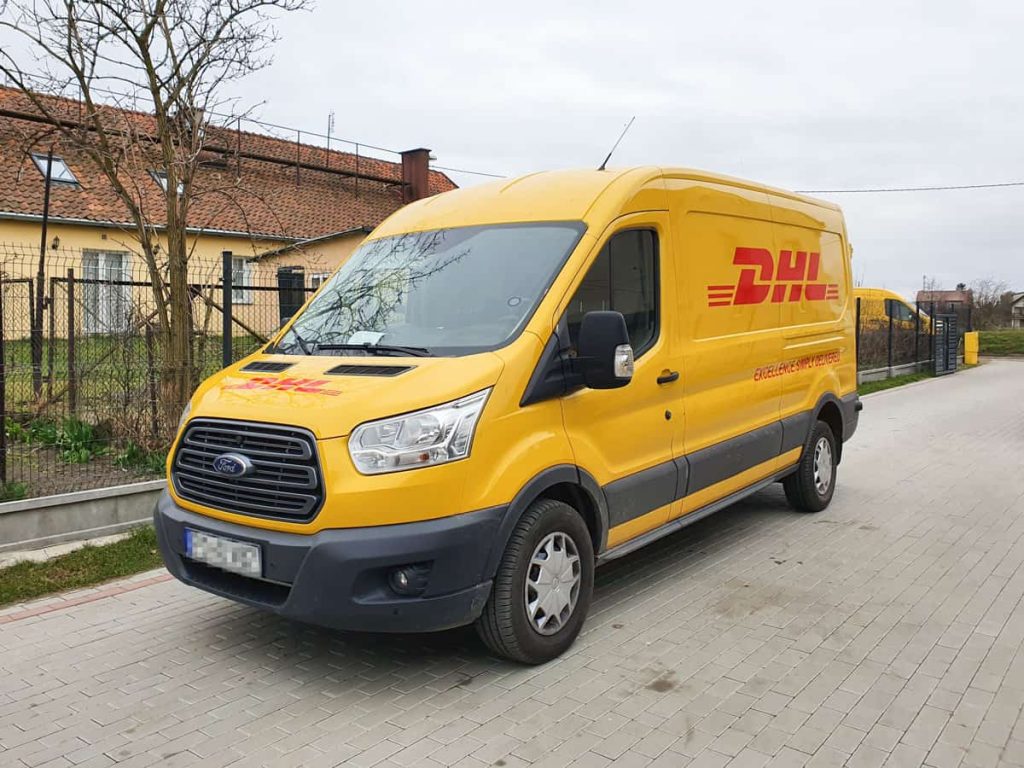
Read also: Porsche and Michelin Strengthen Ties with Sustainable Tires for the “GT4 ePerformance”
Agreement Details
As part of the partnership, Ford Pro will deliver 2,000 electric vehicles to DHL. These will be put into service in several countries where the courier group is present. DHL’s intention is to grow electric mobility and offer more sustainable means of delivery.
Most of these vehicles, which have already begun to arrive at various company sites, are Ford E-Transit. Other units that will be joining the DHL fleet are special Ford Pro, which will have a customized box. These will be used for urban deliveries in German cities.
In addition, in the Memorandum of Understanding, Ford and DHL will collaborate to test new electrified cars that may be launched by the automotive brand.
Another important aspect of the commitment is that DHL will also test the charging systems developed by the U.S. brand. The parcel company’s fleet management will be carried out with the connected ETelematics software.
With this agreement, both companies will be able to advance their project to create a more sustainable delivery system. DHL will invest 7 billion euros to ensure that 60% of its fleet is made up of electric vehicles by 2030.




